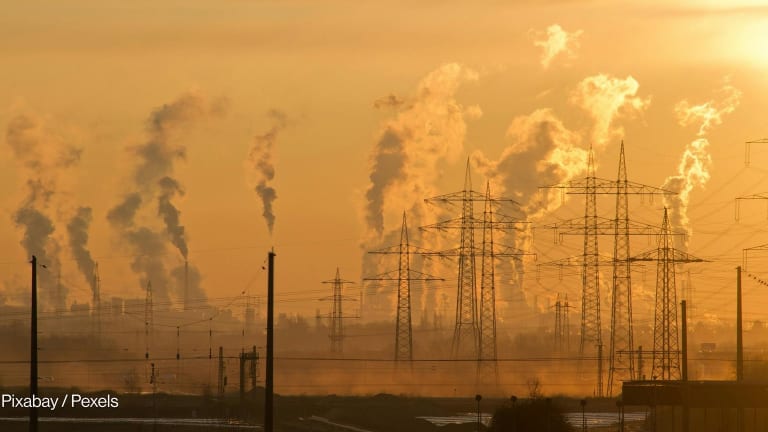Life is pretty much back to normal in New York. Most aren’t masking even at the United Nations headquarters where heads of state and government ministers rush from one meeting to another during this week’s U.N. General Assembly.
But what if, in the midst of this busy week, a new virus emerges, unknowingly infecting people who travelled to the city for UNGA. Is the world ready for another outbreak?
Helen Clark, former prime minister of New Zealand and co-chair of WHO's Independent Panel for Pandemic Preparedness, posed this question to heads of state and government ministers on Wednesday, as they agreed with no objections on the political declaration for the U.N. high level-meeting on pandemic prevention, preparedness, and response.
Printing articles to share with others is a breach of our terms and conditions and copyright policy. Please use the sharing options on the left side of the article. Devex Pro members may share up to 10 articles per month using the Pro share tool ( ).










